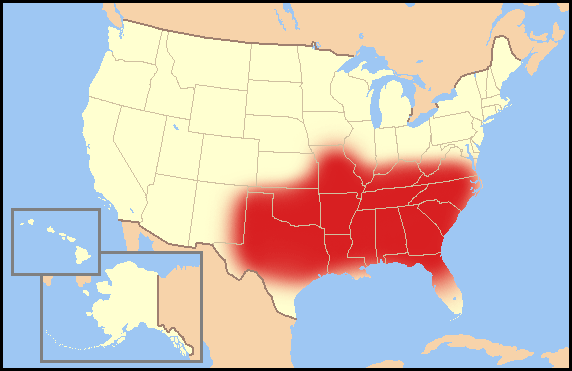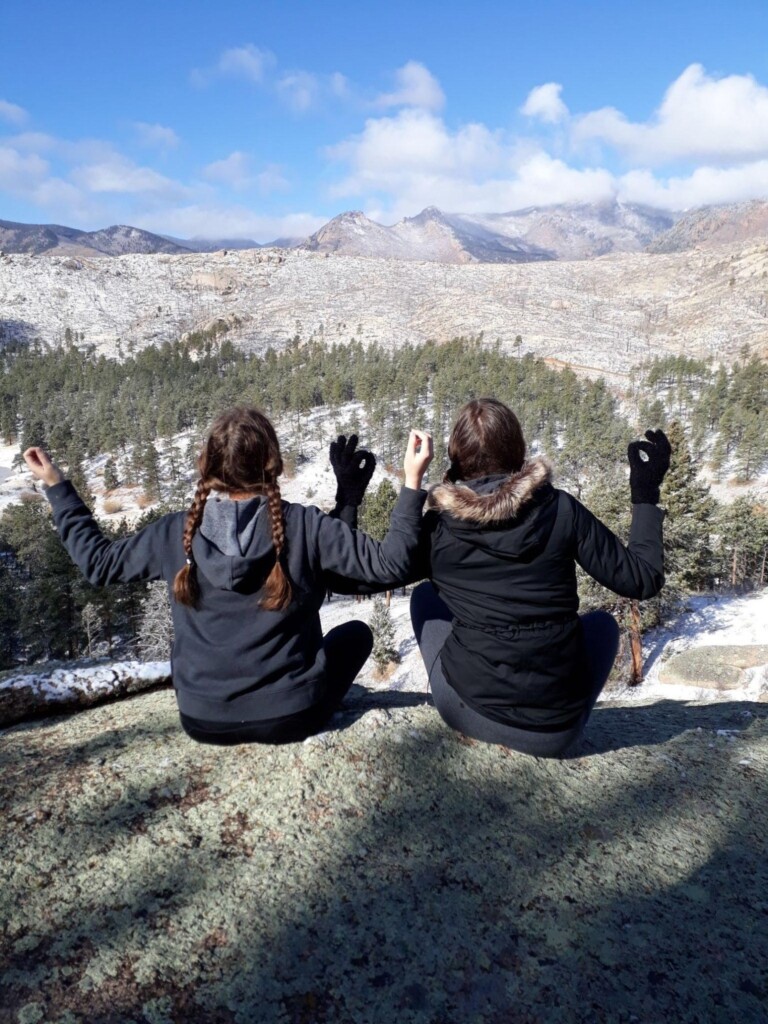Sometimes, beliefs are so strong that it becomes difficult to question them. Our author Marlene from Germany declares herself an atheist. Still, her time as a member of a Lutheran youth group in Kansas, USA, made her think differently about religion and identity.
Far From Religion
Growing up in Germany, I had never questioned the accuracy of my atheistic belief system. Though most people in Germany identify as Christian, many don’t believe in god and describe themselves as atheists. However, Christianity still significantly impacts our traditions and everyday life, for example, the German school system. Most schools offer religion classes that are usually Christian-focused and split into Protestant and Catholic. But you can opt out of religious studies, and attending the lessons is not mandatory. For kids up to the age of 14, their parents decide. Students with other or non-religious backgrounds can opt for an alternative class such as philosophy or ethics.
In my family, we grew up celebrating Christian holidays such as Christmas and Easter for the sake of tradition. But neither did I get baptized, nor did my parents want me to partake in my school’s religion class. Instead, I took philosophy classes starting from fifth grade to ensure a more general, non-Christian-focused approach to religious questions.

The American Bible Belt (https://commons.wikimedia.org/wiki/File:BibleBelt.png)
Outside my Comfort Zone
At 15 years old, I decided to take a gap year and go on an exchange to the US. I was expecting Kansas to have a similar mentality towards religion as the one I grew up with. But although my exchange organization had done its best to prepare me for the profound religiousness of the American Midwest, I was still caught very much off guard. Located in the American Bible Belt, protestantism and creationism are fundamental parts of many Kansans’ mentality. Many see Jesus Christ as their savior, and it is not uncommon to reject the theory of evolution.
The Only Atheist in The Room
To socialize like many other American kids at my highschool, I decided to join the youth group of a Lutheran church. In Germany, I had always thought of such youth groups as boring. However, in Kansas I liked the team spirit and solidarity among the members. I visited their service, looked forward to their weekend trips, and even spent a three-day vacation in the Rocky Mountains with them. Once a week, I joined their bible study to have group discussions about religious topics like creation. Learning more about their beliefs was fascinating to me. Still, I was also aware that they practiced a very fundamentalistic Christian faith that often wasn’t very accepting of other views.

Author and her friend praying on a mountain in Colorado (Photo: Private)
I didn’t mind praying before a meal or sharing my favorite bible verse, but especially our group discussions remained challenging. The bible had to be taken literally; therefore, questioning its historical accuracy was almost impossible. Being the only kid in a room who didn’t believe God had created the earth in seven days felt strange. I barely spoke up during these discussions, feeling more comfortable as a quiet observer.
Dealing With Doubts
There were only some occasions where I did express my doubts about stories like Noah and the ark. But the youth group leader would just refer to plenty of Christian literature backing up their beliefs. At home in Germany, I had experienced the few devotional Christians at my school being ridiculed for their religious beliefs. Now, I was suddenly the one not being taken seriously for my world views. Of course, I had dealt with dissenting opinions in the past. But for the first time in my life, I found myself in the exhausting situation of not even having the same premise as my counterpart.
Two Lessons
Being confronted with dissenting world views almost every day made me realize two things. Firstly, most of my views on religion stem from my parents’ and country’s culture. Many of my atheistic perspectives, such as reductionism or physicalism, are not as much the result of thoughtful consideration as I wish they were. If I had grown up in a religious environment, I probably wouldn’t have turned out atheistic.
Secondly, building friendships deeper than the surface level despite contrary world views isn’t always easy but possible. My lasting friendship with one girl I met at church is a constant reminder of that. Although we will probably never agree on religious questions, we still managed to build a close bond. Because of her, I began to review my religious paradigms critically and realized that my strictly atheistic perspective wasn’t any less fundamentalistic than her Christian one. Before my exchange, I had never even considered the existence of a god. Today, I believe it’s naïve to think one’s worldview is undoubtedly true.
Am I still an atheist? Hmm, maybe. But I learned how crucial it is to humbly review our own beliefs from time to time and make sure they haven’t solidified too much.





